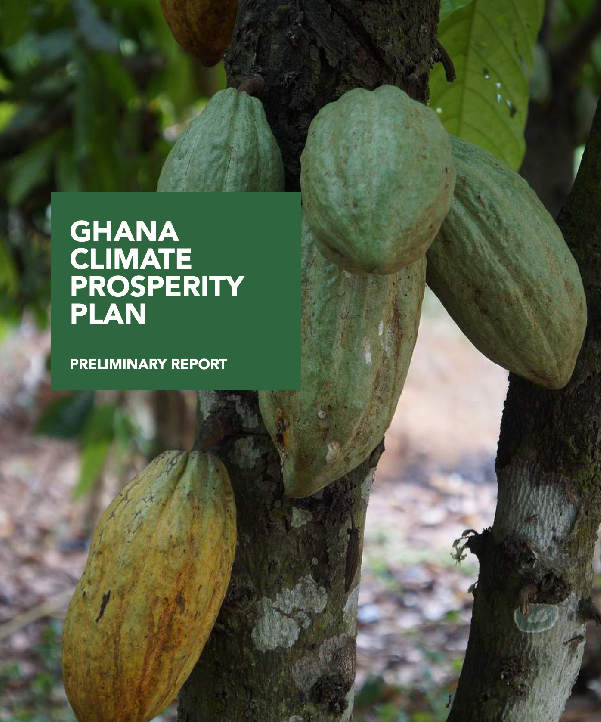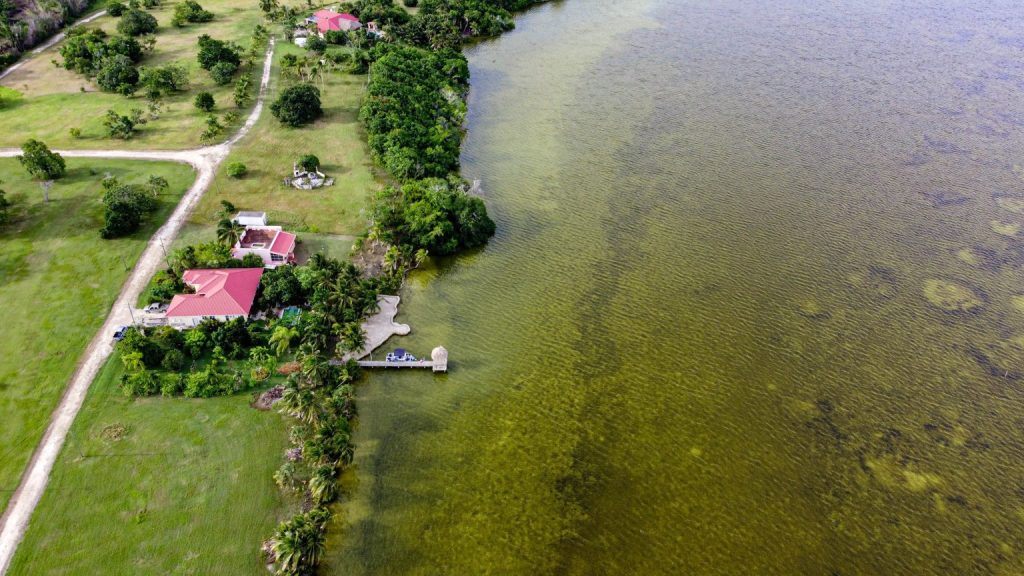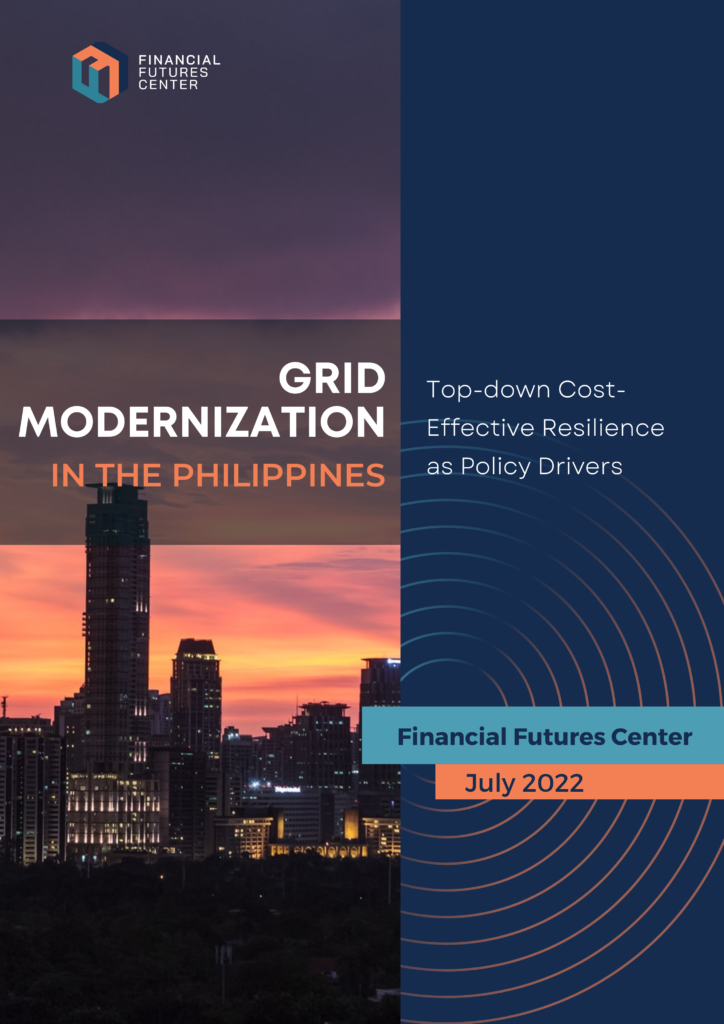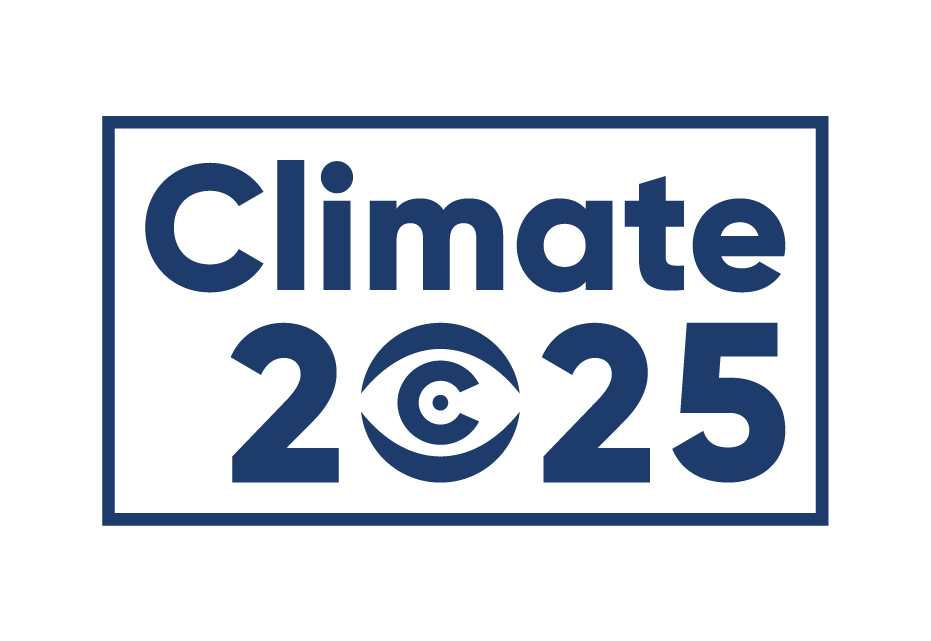Climate Prosperity Plans Fellowship Program
A Fellowship Hosted by Aroha and FFC Overview As part of the work of Aroha/FFC supporting climate vulnerable countries, Aroha/FFC has a partnership agreement with the Global Center on Adaptation to support the activities of the Secretariat of the Climate Vulnerable Forum (CVF) and Vulnerable Group of 20 (V20). The present fellowship will help support […]
Request for Proposals: Data Modelling for Climate Prosperity Plans
Role: Data Modelling Function: Conduct advanced renewable energy modelling for the creation of Climate Prosperity Plans (CPPs) Application Deadline: 15 March 2023 Aroha/FFC are looking for a contractor to conduct advanced renewable energy modelling for the creation of Climate Prosperity Plans (CPPs). This includes the provision of electricity data, systems modelling, and […]
Ghana Climate Prosperity Plan

This is the Preliminary Report of Ghana’s Climate Prosperity Plan. This version aims to present to the international and national community the country’s ambition of having a development-positive climate action. The CPP embeds the aspirational pathway for Ghana from climate vulnerability to climate prosperity, meanwhile creating quality jobs, stimulating the economy while making it resilient, […]
Indices of Sustainability of Fiscal Policy Among the V20

In 2021, the Vulnerable Group of Twenty (V20) made a call for debt flexibility, invoking insufficient fiscal resources to finance responses to health and social crises caused by the COVID-19 pandemic as well as urgent investments in climate adaptation. The service of public debt crowds out crucial investments that countries require to climate-proof their economies and establish […]
Climate Change Risks and Consequences on Growth and Debt Sustainability in Africa

Although Africa has contributed only 3.8 percent of total global emissions, it has borne the brunt of climate change. With a substantial lack of energy access in Sub-Saharan Africa, the continent must balance the need to combat climate change with an urgency to develop the continent’s economies to alleviate hunger and poverty, which are exacerbated […]
Climate Physical Risk, Transition Spillovers and Fiscal Stability: An Application to Barbados

The 6th Assessment Report of the Intergovernmental Panel on Climate Change (IPCC) underscored that climate impacts will be significant and differ widely across countries, with developing economies far more exposed to the negative impacts of chronic and acute physical risk. Beyond climate physical risks, countries can also be negatively affected by a disorderly introduction of […]
Critical Challenges in Realizing the Energy Transition: An Overview of Indian States

Over the next few decades, India will undergo a significant energy transition to meet climate goals, with a steady reduction in the share of fossil fuels in its energy portfolio. This transition will have many different impacts, including on government revenues, investments and potential loss of fossil fuel-based assets and employment. A March 2022 study […]
Meeting the Moment: The IMF, Debt-For-Climate Swaps and Development

The level of debt distress among emerging market and developing economies (EMDEs) has been a concern even before the COVID-19 pandemic, and there is now a burgeoning consensus that a full-blown debt crisis may loom on the horizon. Even without a widespread crisis, the increasing number of countries who are losing their fiscal space jeopardizes […]
An Analysis of the IMF’s International Carbon Price Floor Proposal

World leaders are facing a shrinking window to enact ambitious climate policies, as nationally determined contributions (NDCs) alone will not be enough to remain below the 2C global warming threshold. With the goal of enhancing global climate action, the International Monetary Fund (IMF) has proposed an international carbon price floor (ICPF) arrangement, developed from the […]
Grid Modernization in the Philippines: Top-down Cost-Effective Resilience as Policy Drivers

There are three distinct elements to the clean energy transition: renewable generation, transmission and distribution, and use. Of the three, power generation through renewables has attracted the most attention and the greatest number of resources. The work on electricity use has been driven mostly by efficiency improvements and by electrification of heating and mobility, energy services previously provided almost […]


